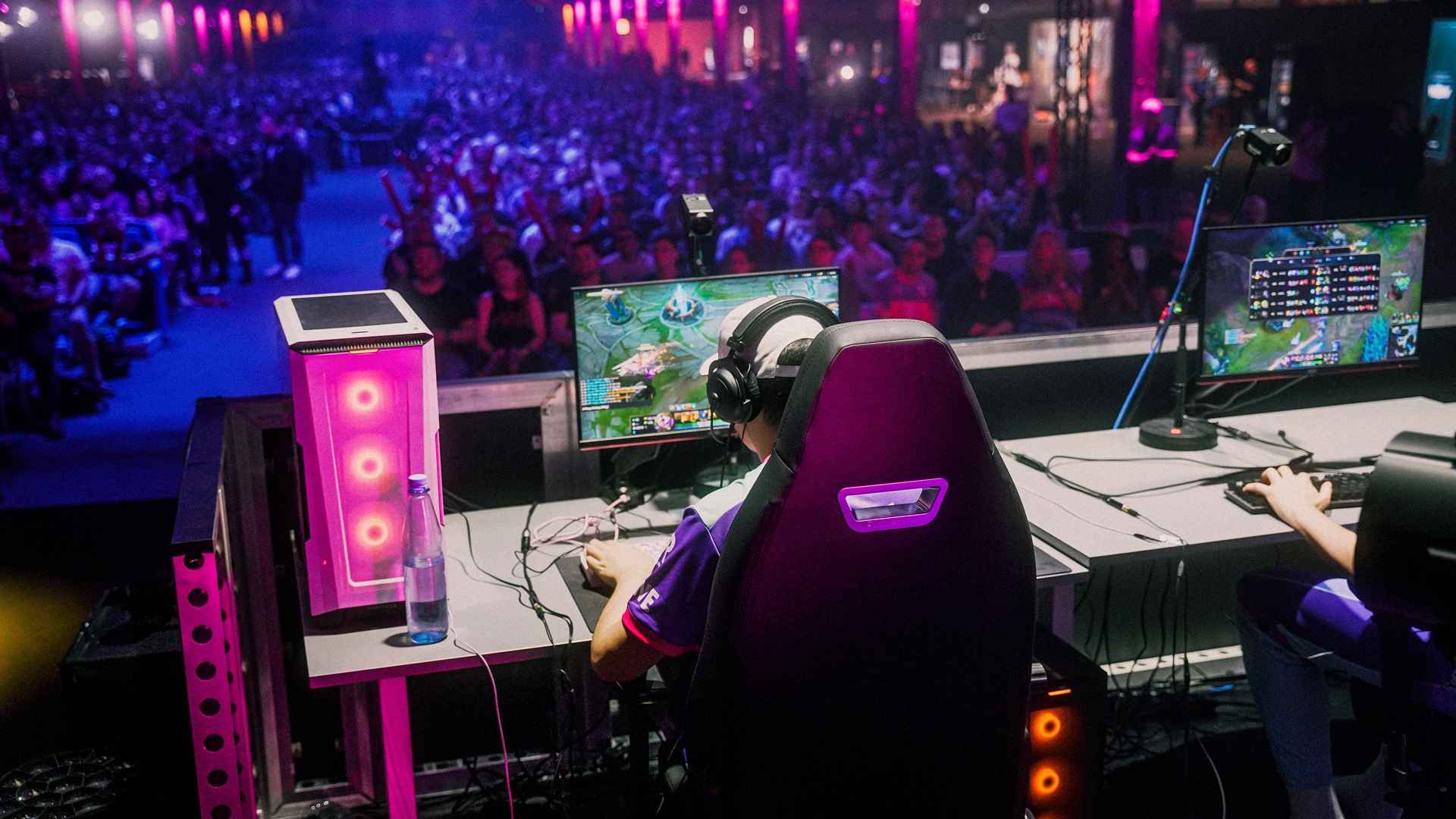The Federal Cabinet has approved a proposal to recognize esports as non-profit. The decision was announced on September 10, 2025, described by the Federal Ministry of Finance as a milestone for gaming, youth development, and volunteer club work in Germany. If approved by the Bundestag and Bundesrat, the law will take effect on January 1, 2026.
The measure delivers on a coalition promise and creates new opportunities for clubs, volunteers, and associations operated in the legal grey area. For the first time, esports organizations will be able to enjoy the same privileges as traditional sports clubs, including tax advantages, planning security, and access to government funding.
Reactions from Politics and Industry Leaders
Reactions to the Cabinet’s approval have been swift and largely positive. Nathanael Liminski, head of the North Rhine-Westphalia State Chancellery, hailed the move as a level-up for the industry. He stressed the role of esports clubs as social meeting places to combat loneliness and provide safe community spaces. Liminski also called for esports to be integrated into the catalog of Olympic sports.
CDU digital politician Joachim Ebmeyer expressed his support for the upcoming parliamentary process. He argued that esports promotes team spirit, fairness, and social skills under conditions comparable to traditional sports. He also pointed to positive effects on media literacy and addiction prevention.
Bavaria’s Digital Minister Fabian Mehring described the decision as closing a long-standing justice gap. He compared Germany’s late recognition to countries such as Denmark and South Korea, where structural support for esports has existed for years.
Associations Welcome “Historic Day”
Industry associations and stakeholders also welcomed the breakthrough. Game CEO Felix Falk said the decision sends a long-awaited signal for Germany as an esports location. ESBD President Christopher Flato called it a historic day, stressing that esports clubs will finally enjoy the same opportunities as traditional sports organizations in promoting talent and inclusion.
Jens Wortmann of the North Rhine-Westphalia State Sports Association praised the government for responding to criticism of earlier drafts and making the proposal more practical. He highlighted the positive emphasis on youth protection, health promotion, and the strengthening of social skills.
Criticism and Challenges Ahead
The path to this decision was not without controversy. Earlier drafts of the Finance Ministry’s tax amendment bill faced strong criticism from associations and legal experts, who argued that the requirements were overly restrictive. Concerns included the exclusion of single-player games, strategy titles, and popular franchises such as Counter-Strike 2, Call of Duty, and FIFA’s Ultimate Team mode due to rules on violence and monetization.
While the final version softened some restrictions, including the so-called loot box clause, debates remain about interpretation and implementation. Esports clubs now await the Bundestag and Bundesrat’s final approval, with hopes that the law will usher in sustainable growth and fair recognition of their role in Germany’s sporting and cultural landscape.

 Companies
Companies 





